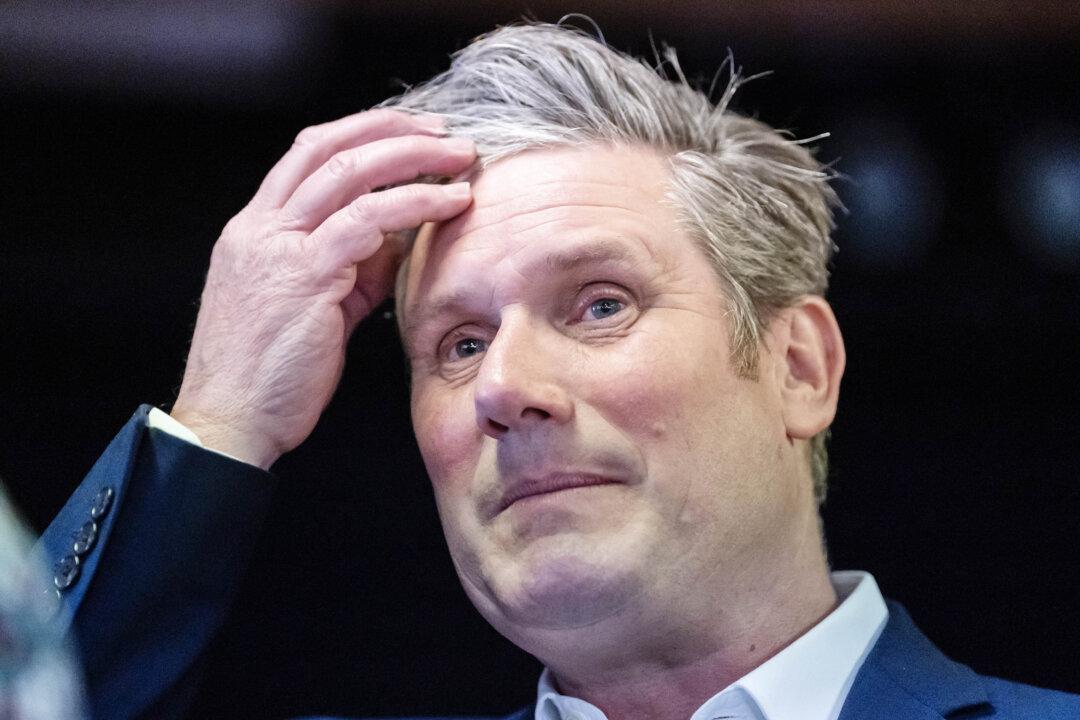Durham Police on Wednesday said it’s “considering” recent requests to re-examine allegations that Labour Party leader Sir Keir Starmer broke CCP virus lockdown rules in April 2021.
Amid the “partygate” allegations that a number of rule-breaking gatherings occurred in the centre of the Conservative government during the CCP (Chinese Communist Party) virus lockdowns, it emerged in January that Starmer was pictured having a beer in the office of Mary Foy, Labour MP for the City of Durham, on the night of April 30, 2021, when indoor mixing between households was banned under CCP virus rules.





